The People Planet: Why Earth Day Is Actually About Our Human Connections
What if the most powerful environmental act isn't just buying bamboo toothbrushes and carrying metal straws, but also strengthening our relationships with the humans around us.
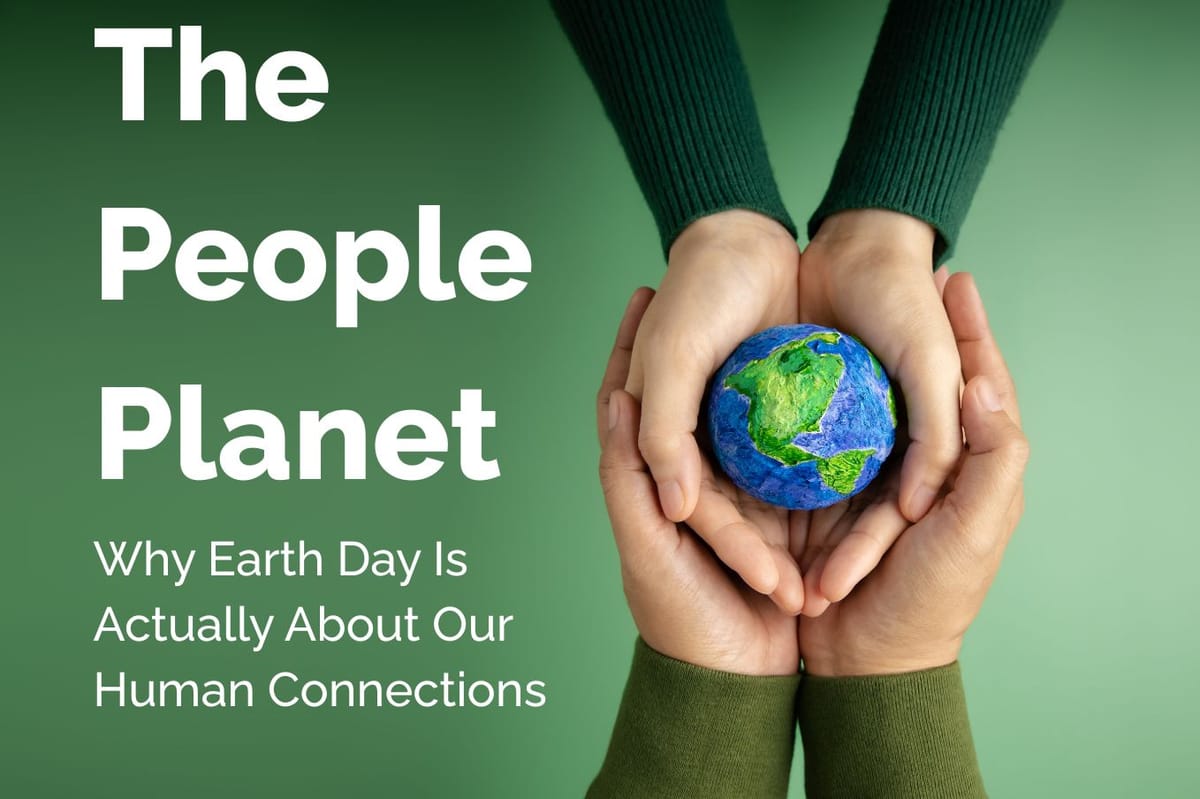
If you're a Millennial like me, you probably learned about planting trees and sorting recycling during the time around Earth Day in elementary school. Many of us learned from people like Linda Ellerbee, on Nick News, a popular kids show on Nickelodeon, from our local PBS station, or during a school assembly. People like Linda, really figured out how to explain us, as children, complicated and sometimes scary events, including climate change, recycling, and more, in a complicated and sometimes scary world, and all without talking down to us. Shows like Nick News or PBS Kids showed that caring about the Earth wasn't just about not littering, it was also about something more: people.
We've been told that saving the planet is about sacrificing convenience, limiting consumption, and occasionally hugging trees when no one's looking. But what if the most powerful environmental act isn't just buying bamboo toothbrushes and carrying metal straws, but also strengthening our relationships with the humans around us.
The Shared Economy of Friendship
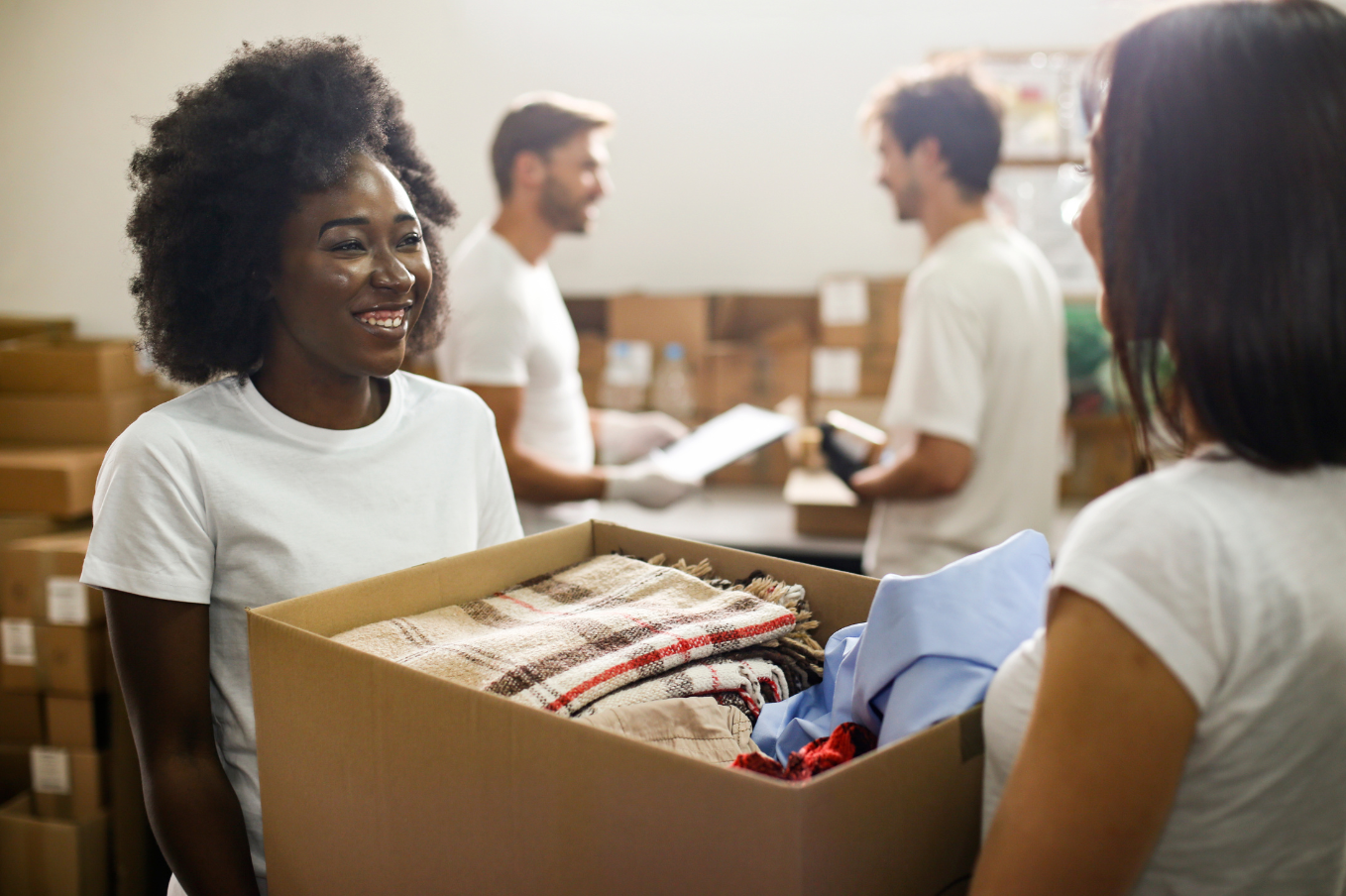
My local town has a social media group called "Anyone Need This?" It likely started as a way to offload furniture during moves but has evolved into something more significant. Kitchen appliances, clothes, tools, camping gear—before buying new, locals check in to see if someone already has it, often being able to get it for free or very low cost.
This isn't just about reducing waste and saving money(though it does). It's about creating a micro-economy of trust and interdependence. When someone's blender breaks, now they don't have to just immediately open Amazon. Instead, they post a message on the group and give someone their gently used blender and maybe even make a smoothie together!
That's one less blender in a landfill, yes. But it's also one more afternoon spent connecting with someone near you.
Digital Detox Is a Team Sport
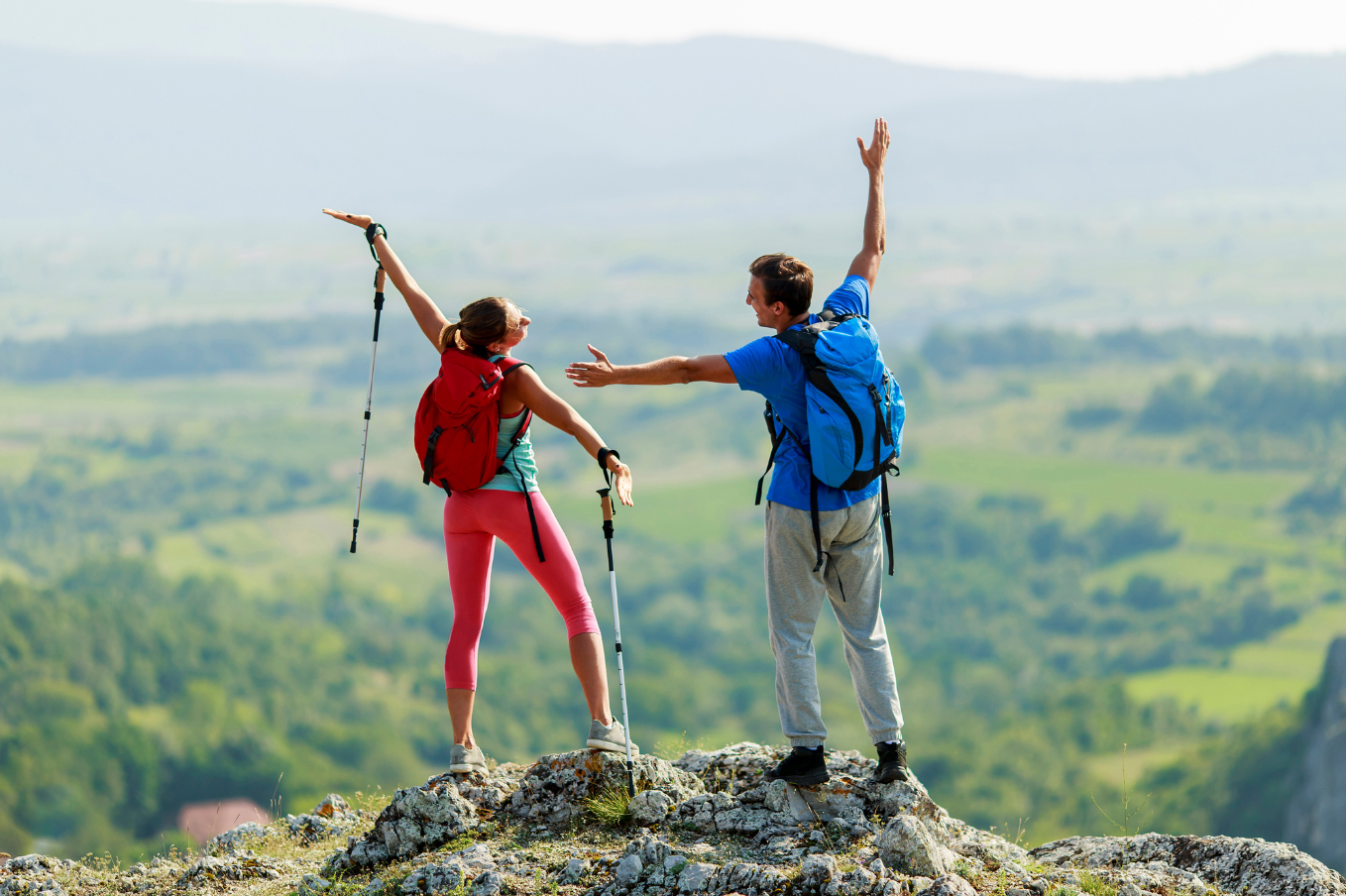
We talk about screen time like it's just bad for our brains, but excessive device usage is also an environmental issue. The energy required to power our digital lives—from data centers to the constant charging—leaves a significant carbon footprint.
In the last few years, my partner and I have committed to having phone-free days. We'll go for a hike, spending time talking, and often bringing actual physical playing cards from {THE AND} to spark new conversations instead of being led into mobile games on our phones.
The unexpected outcome isn't just less screen time—it's deeper conversations. Richer memories. Without the constant digital interruptions, we are fully present with each other and with the physical world around us. The environmental benefit is real, but the relationship benefits are transformative.
Collective Action Isn't Just More Effective—It's More Fun
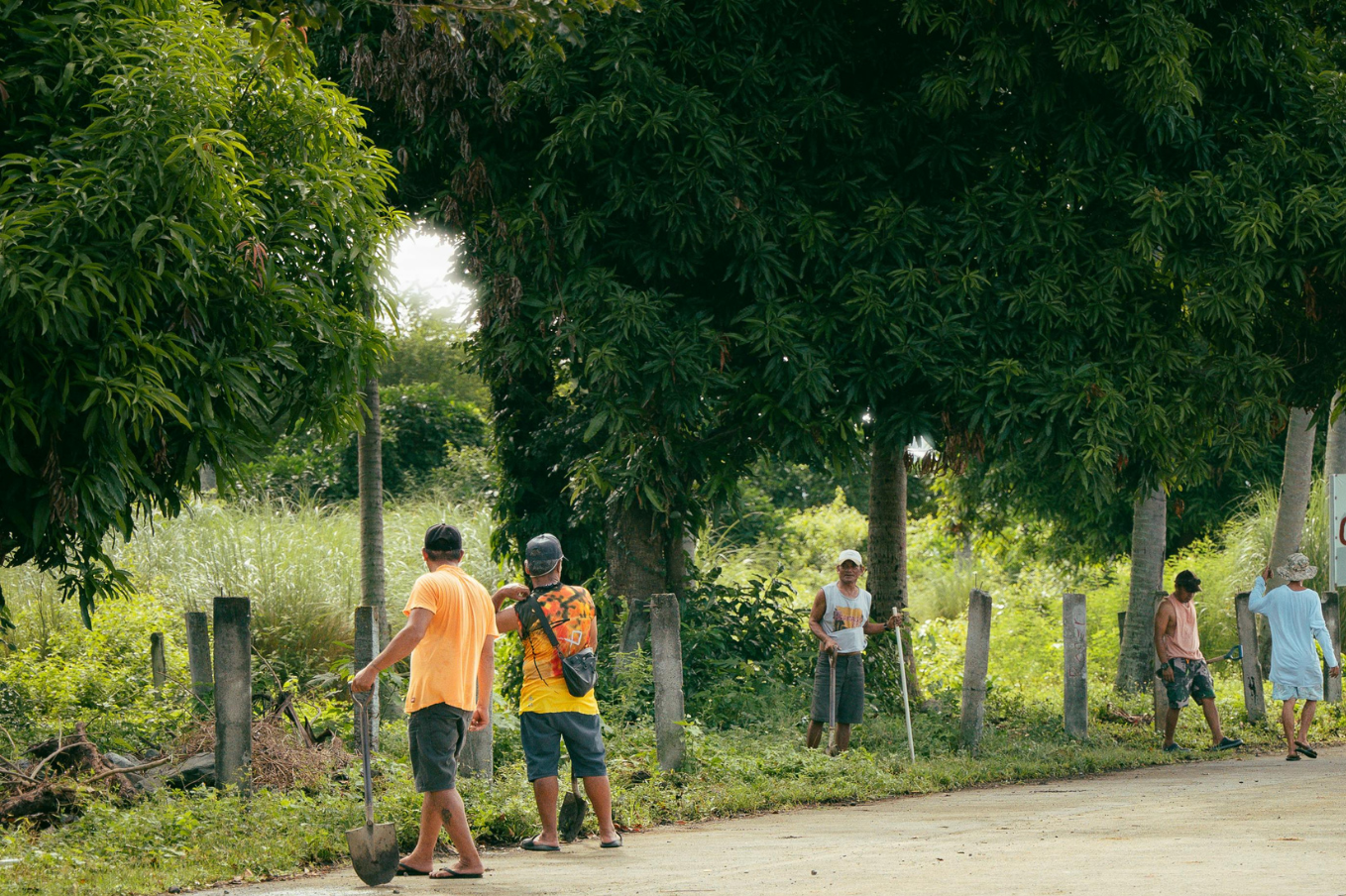
Climate anxiety is real. Scrolling through doom-laden environmental headlines can leave you feeling helpless and small. But this is where community becomes not just nice but necessary.
Living in a hire fire danger area, when my neighborhood started a community fire prevention club something shifted. Suddenly, environmental action wasn't this abstract global concept—it was our actual neighbor offering his time to help others with their property maintenance or another neighbor with an environmental science background helping to educate the neighborhood on best practices for mitigating risk.
Working alongside others created accountability, sure. But more importantly, it created joy. Environmental action became less about guilt and sacrifice and more about connection and creation.
The Ultimate Renewable Resource
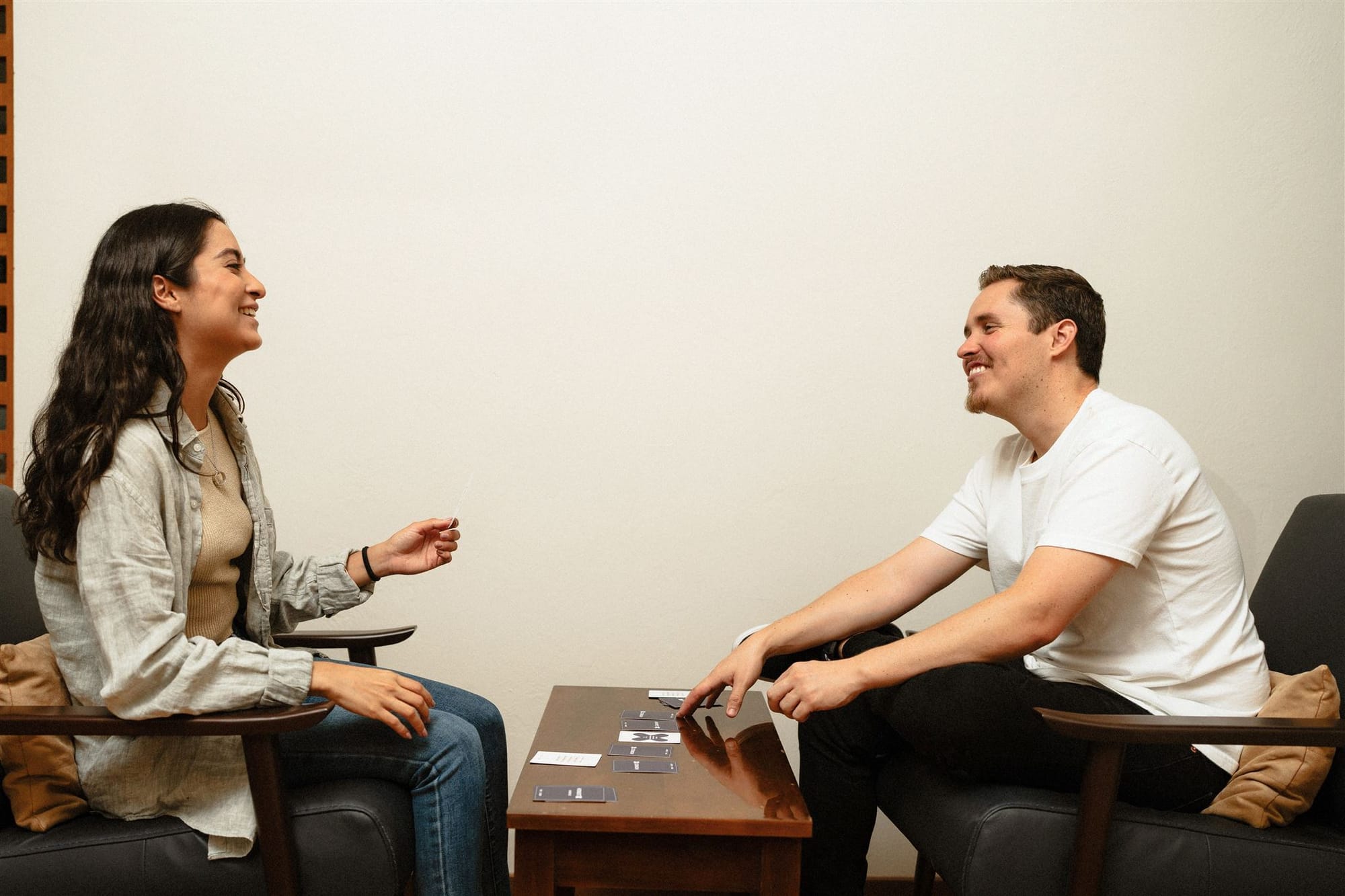
Perhaps the most renewable resource we have is our capacity for human connection. Unlike non-renewable energy, it doesn't deplete with use—it actually grows stronger the more we invest in it.
This Earth Day, instead of just focusing on reducing your individual carbon footprint (though that matters too), consider how you might build or strengthen the human connections in your life:
- Start a neighborhood free book exchange
- Host a clothing swap party
- Cook meals together instead of ordering separate deliveries
- Plan outdoor adventures that deepen your connection to both people and place
- Try out {THE AND} digital editions - Use Code: GREEN20 for 20% off!
Because here's the truth: a future worth fighting for isn't just one with clean air and stable climates. It's one where we've remembered how to rely on each other, how to share, how to find richness in community rather than consumption.
The planet doesn't need saving separate from ourselves—because we are not separate from it. And neither are we separate from each other. If Earth Day teaches us anything, it should be that these connections are one and the same.
As always, thanks for reading.
Nick Dunlap
Director of Marketing, The Skin Deep

Comments ()